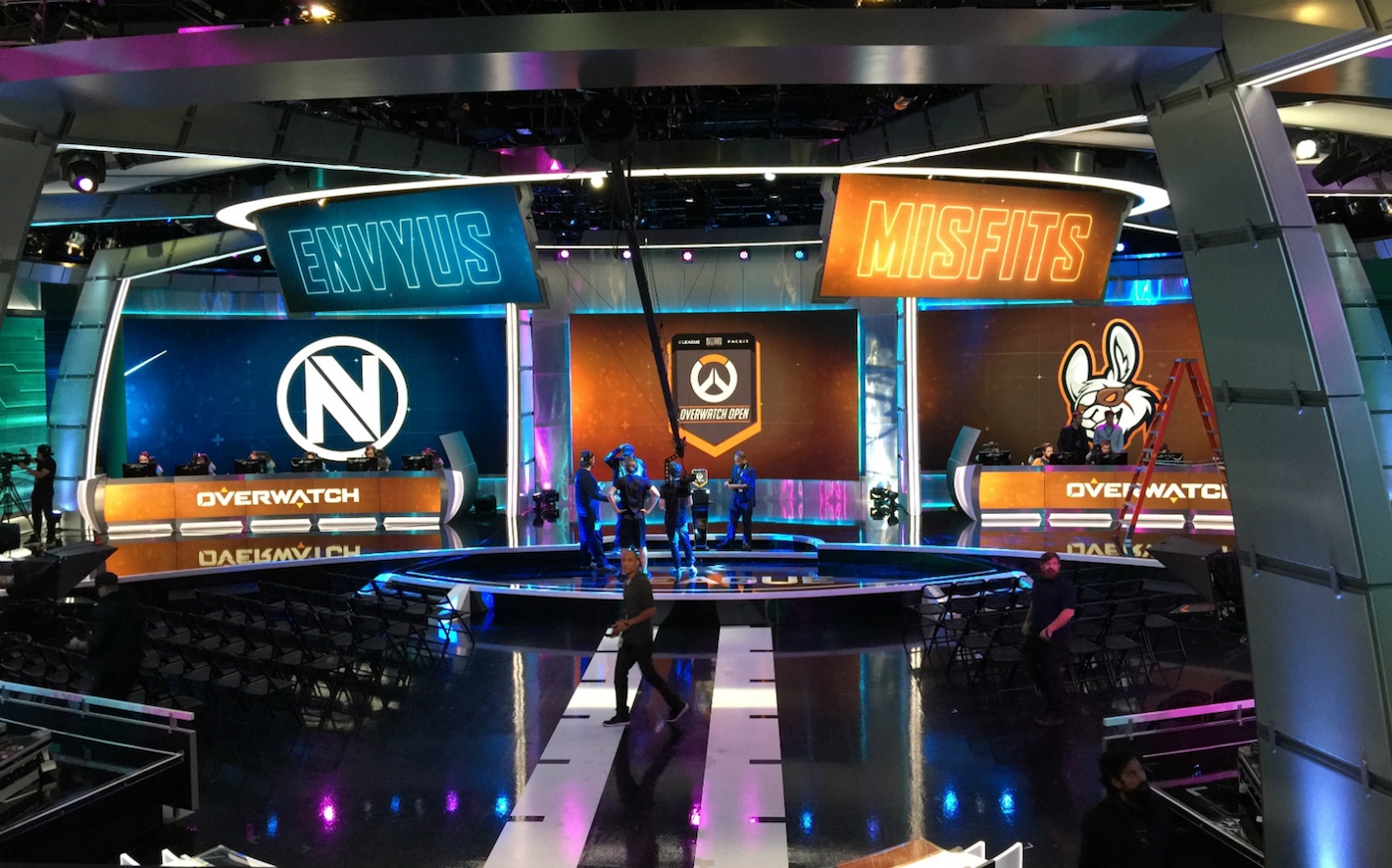- Boston: Robert Kraft, Chairman and CEO of the Kraft Group and the New England Patriots
- New York: Jeff Wilpon, Co-Founder and Partner of Sterling.VC and COO of the New York Mets
- Los Angeles: Noah Whinston, CEO of Immortals
- Miami-Orlando: Ben Spoont, CEO and Co-Founder of Misfits Gaming
- San Francisco: Andy Miller, Chairman and Founder of NRG Esports
- Shanghai: NetEase
- Seoul: Kevin Chou, Co-founder of Kabam
The city-based structure is central to Blizzard’s plans for a self-sustaining, lucrative eSports league built around Overwatch. Right now, the professional Overwatch scene is crumbling — teams pulled out of negotiations with Blizzard in a fairly public fashion earlier this year, citing disorganization, too few competitions and high buy-in costs for the new league. And Overwatch may be the most visible eSport on television with the ELEAGUE tournament on TBS, but professional gaming as a whole still lacks oversight and coordination, at least in the western world.
Overwatch League is an attempt to help stabilize the eSports market, and it’s doing so by mimicking a system that’s proven to work: city-based sports leagues.
“Traditional sports teams create a significant amount of revenue based on the fact that they get to host home games, and they sell tickets and local sponsorships in an exclusive home marketing territory,” Overwatch League commissioner Nate Nanzer says. “That’s revenue that just didn’t exist in eSports, so we think through the structure that we’ve created, these city-based teams, we’re going to unlock a lot of value for team owners and players and fans.”

In order to sell eSports tickets, cities will need eSports venues. Blizzard wants to see gaming arenas in every Overwatch League city, and it’s already gotten started, opening the first-ever Blizzard eStadium in Taipei, Taiwan, earlier this year.
“The goal here is that, over time, we’ll have teams in all the major cities around the world and there will be an arena, a stadium, a studio — whatever the form is — where fans from that city, and frankly fans from all over the world, will be able to travel and watch Overwatch played at the highest level,” Nanzer says.
Overwatch League is the first international, city-based program in the eSports world, but Blizzard isn’t fighting for the industry’s maturity alone.
League of Legends developer Riot Games recently announced massive changes hitting its North American League Championship Series in 2018, giving teams more money-making opportunities, establishing permanent franchises and offering a raft of new player protections. Riot increased players’ starting salaries from a minimum of $25,000 to $75,000, plus it instituted a Players’ Association for eSports pros, many of whom get their start while still in high school.
Overwatch League also includes a minimum starting salary for players (Nanzer didn’t offer a figure but said that information should become public soon).
“I do think this is indicative — not just Activision Blizzard’s move, but the moves of other publishers as well — are indicative of a kind of coming-of-age of eSports,” Whinston says.
Nanzer, Whinston and countless others are watching eSports over the next six months as critical changes take effect in some of the industry’s largest games. Now is the ideal time for professional gaming to take root in mainstream culture, propelled by traditional-sports veterans and eSports newcomers with fresh ideas.
Or old ideas, like forming teams around cities.
“It creates an ability to tell a story that affects people differently based on the city that they live in,” Whinston says. “It affects people differently based on their prior experience with Overwatch, their prior experience with eSports, the players that they are personal fans of. The thing about eSports that was always promising, and potentially more promising than what traditional sports is capable of doing, is that it allows a level of connection directly with a player or a team or a match that traditional sports hasn’t been able to capture.”



